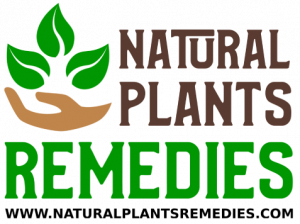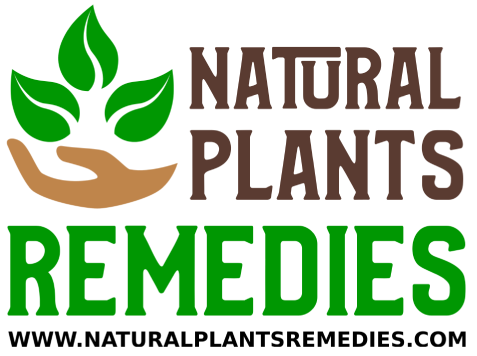Raspberry – Rubus idaeus
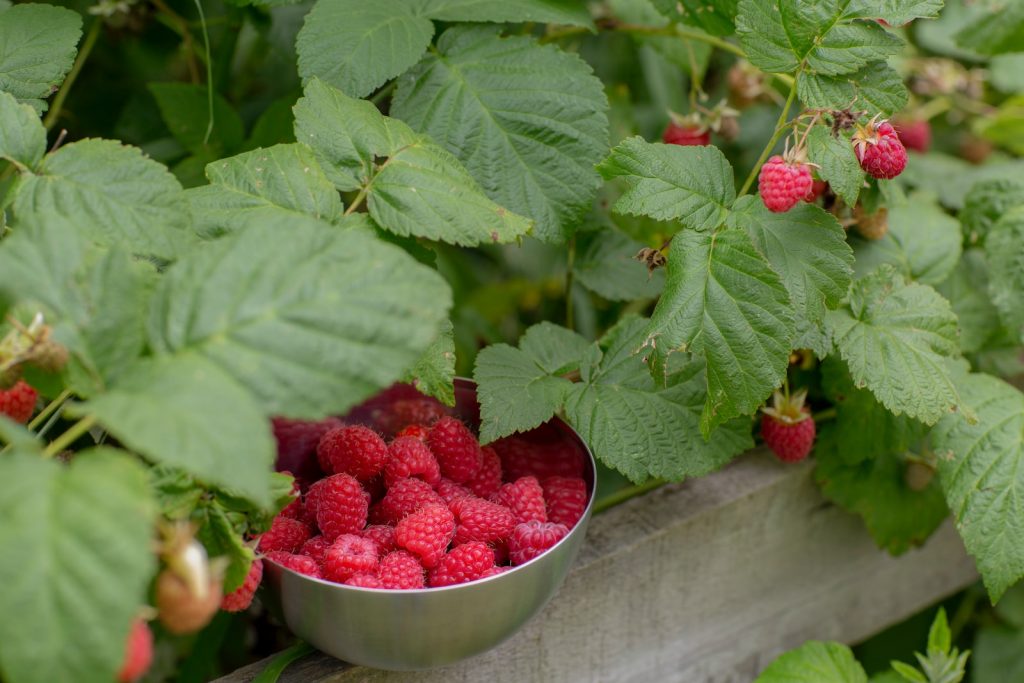
Raspberry leaf is a mild and safe medicinal food, and the toothy leaves are commonly used to treat diarrhea, colds and stomach complaints. An effective and safe remedy for children, raspberry tea is given to reduce fever and calm diarrhea. Raspberry is good tonic herb with a rich supply of vitamins and minerals that help build strong bones and general good health. It can be taken long-term and is generally considered safe with no unwanted side effects. It also facilitates childbirth but never use the leaves that are not completely dry as they develop toxins that can cause nausea.
Red Clover - Trifolium pratense
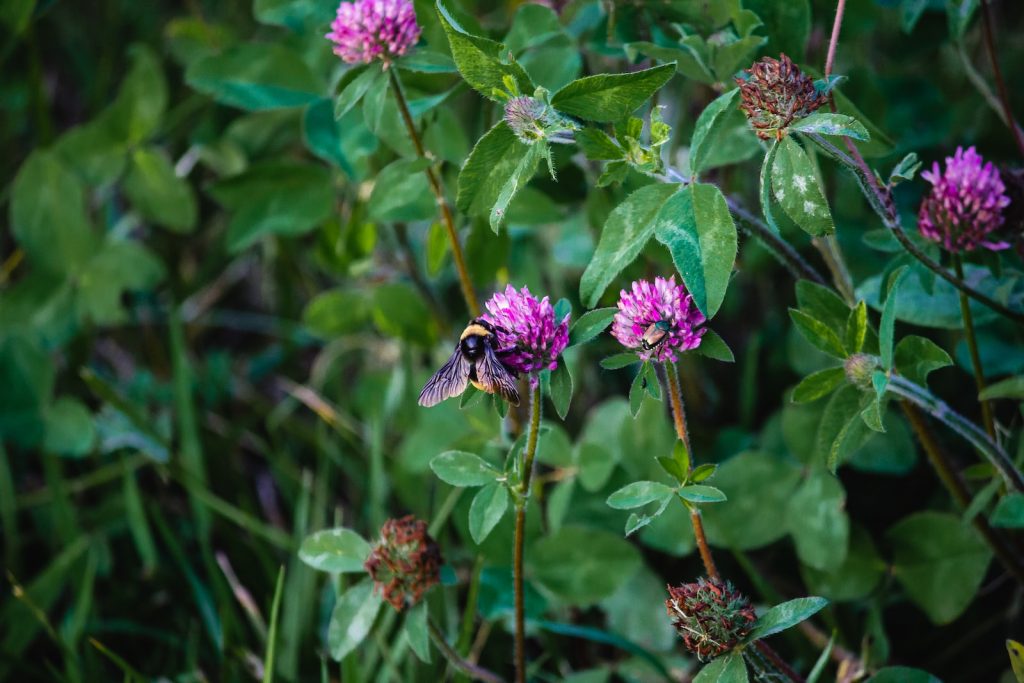
Red clover maintains a strong following among traditional herbalists as a blood purifying depurative that has been used safely and effectively for hundreds, if not thousands of years in clinical practice. Red clover has been used traditionally to treat respiratory and skin problems such as cases of childhood eczema, and can be effective for other chronic skin conditions as well. It contains an impressive array of vitamins and trace minerals in synergy with many active medical compounds, including a strong concentration of isoflavones.
Rhodiola – Rhodiola rosea

Rhodiola is an adaptogen, and acts in a similar fashion as ginseng. In traditional medicine, rhodiola root was prepared as a tea, and given in treatment of colds, anemia and to enhance fertility and sexual function. Modern research suggests rhodiola may support memory and focus, and relieve depression. Clinical trials have found Rhodiola rosea roots and rhizomes demonstrated anti-depressive activity in patients with mild to moderate depression, with less drug/herb interaction than the better-known St. John’s Wort. Its smallest dose is beneficial for depression and erectile dysfunction. But a larger dose becomes sedative.
Rooibos - Aspalathus linearis

Rooibos is a good source of antioxidants which could play a role in combating several lifestyle diseases, boost the immune system and act as a cancer preventative. Its also one of the most popular herbal teas Rooibos tea can also be used in skin care as a bath additive and skin scrub. Rooibos, red bush Rooibos is a good source of antioxidants and is the only known source of a potent antioxidant aspalathin, and has proven cancer-fighting properties in animal research studies.
Rosemary - Rosmarinus officinalis
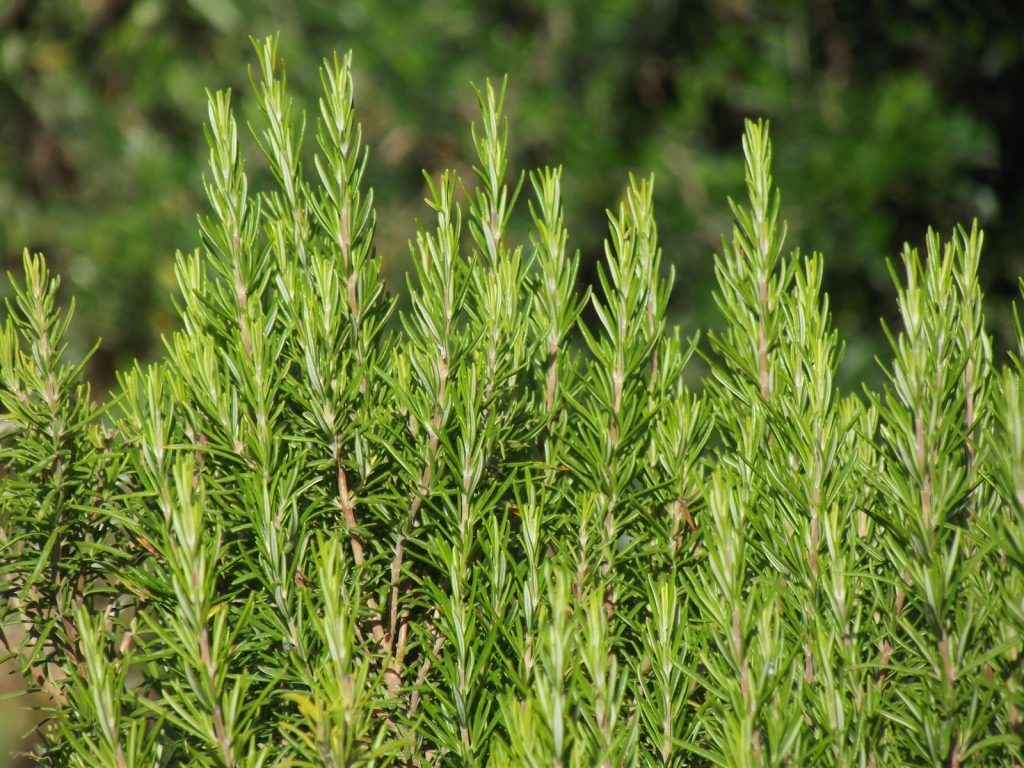
Rosemary has a long herbal tradition as a herb that improves concentration and memory. It stimulates the central nervous system and circulation making it beneficial for low blood pressure and sluggishness. Rosemary oil and rosemary essential oil are used to alleviate the pain of sprains, arthritis, sciatica and neuralgia. Rosemary has also been used traditionally to ease asthma. The essential oils in rosemary leaf can block histamine, the chemical culprit of both asthma and allergies. It is the best hair tonics available and used in shampoos and herbal hair rinses will be very healthy for your hair.
Rhubarb - Rheum rhabarbarum

Rhubarb is rich in antioxidants, particularly anthocyanins (which give it its red color) and proanthocyanidins. These antioxidants have anti-bacterial, anti-inflammatory, and anti-cancer properties, which help protect you from many health-related issues such as heart disease, cancer, and diabetes. Rhubarb is a vegetable grown for its thick, sour stalks, which are usually eaten after being cooked with sugar. A 3.5-ounce (100-gram) serving of cooked rhubarb provides 26% of the DV for vitamin K1. It’s also a good source of fiber. Otherwise, it’s not a significant source of essential nutrients.
Ruscus aculeatus - Rascus

Other names are Balai du Boucher, Box Holly, Fragon, Fragon Épineux, Fragon Faux Houx, Fragon Piquant, Houx Frelon, Jew’s Myrtle, Kneeholm, Knee Holly, Petit Houx, Pettigree, Sweet Broom, Rusci Aculeati, Rusci Aculeati Rhizoma, Rusco. An herb more commonly known as Butcher’s Broom, ruscus aculeatus is traditionally used for circulation and appears to constrict veins. This is thought to reduce pooling of blood in extremities, and the limited evidence appears to be promising. Butcher’s broom is most often used forCardiovascular Health.
Ruta - Ruta graveolens

Its documented therapeutic uses include the treatment of inflammatory conditions, eczema, ulcers, arthritis, fibromyalgia, antidote for venoms, insect repellent, and as an abortifacient. Ruta Graveolens (Ruta) is useful for rheumatic and connective tissue problems, especially following chronic overuse, strain, or injury of joints or tendons. Small tendons of the eye may also be affected. The person complains of soreness and stiffness, sometimes of the whole body. Rising from a chair may be difficult and the affected joint can feel as though it will “give way”. Pain and stiffness is worsened by cold, damp weather, and lying on the affected part.
Rosary pea – Abrus precatorius

Abrus precatorius, commonly known as jequirity bean or rosary pea, is a herbaceous flowering plant in the bean family Fabaceae. it is used to treat paralysis; However, it acts as a sedative when used in the high dosage. The rosary peas also have aphrodisiac action. Leaves and roots of the rosary plant act as antitussive and soothe the throat similarly like Mulethi. Therefore, rosary roots and leaves are beneficial in the treatment of a cough. Detoxified Rosary pea acts on nerves, muscles, skin and organs of the reproductive system.
